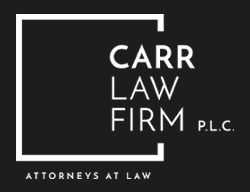Many people feel like a guilty plea is the best response after an arrest for drunk driving. Even when they maintain their innocence and believe that some kind of mistake occurred, they may believe it will be prohibitively expensive to prove their innocence in criminal court.
Pleading guilty will certainly expedite someone’s time in criminal court. However, that guilty plea will actually be more expensive than the defendant may initially realize. An Iowa drunk driving charge will have lingering expenses beyond court costs and fines imposed by the judge in your case.
What additional costs make impaired driving charges more expensive?
Increased insurance rates
You already pay hundreds of dollars a year to insure your vehicle even if you carry relatively low amounts of coverage. Your costs will increase substantially after an impaired driving charge. Industry experts estimate an annual premium increase of more than $600 after a first-time offense.
Those with multiple drunk driving charges or numerous other blemishes on their driving record may have to pay for high-risk insurance and may no longer qualify for coverage through the company they have long used. Over the years, those additional costs can add up to thousands of dollars.
Collateral damage to your earning potential
If driving plays a role in any part of your job, you may no longer be able to fulfill your job duties when the courts suspend your license after a drunk driving conviction. If you have a commercial driver’s license, you may become ineligible for a year or longer depending on the infraction and your record.
Even if driving isn’t part of your job, a criminal conviction could affect your eligibility for professional licensing. Your employer may impose a zero-tolerance policy for criminal convictions if they have such a rule, or they may simply pass you over for raises and promotions because of your criminal record. Your record will also affect you whenever you apply for new jobs, admission to institutions of higher education and financial aid, such as private scholarships.
The consequences of having a criminal conviction on your record could irrevocably change your plans for the future. Fighting back against impaired driving charges is frequently the more cost-effective solution and the best option for reducing the collateral damage criminal charges cause.

